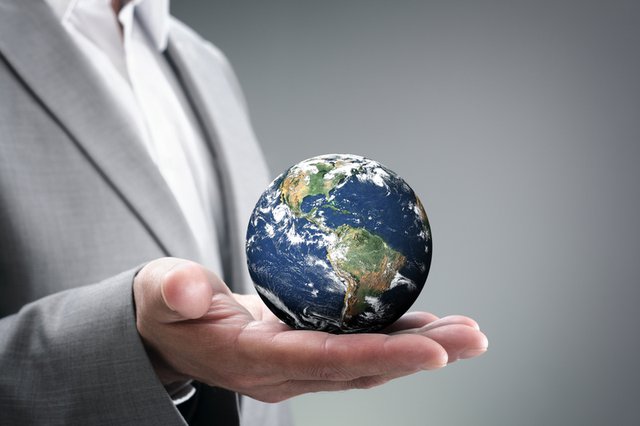
What is the meaning of political economy?
Sept. 15, 2025

When exploring global governance, trade, and diplomacy, one question often arises: what is the political economy meaning and why does it matter today?
This term goes beyond academic jargon and directly affects how nations design policies, how companies expand internationally, and how societies tackle pressing challenges.
For students considering careers that blend business and diplomacy, the Double Degree in International Business and International Relations at Universidad Europea offers the perfect foundation.
Understanding political economy provides the critical lens needed to interpret world affairs, negotiate across cultures, and analyse the global business environment.
Defining the political economy meaning
At its core, the political economy meaning refers to the study of how political institutions, economic systems, and social dynamics interact. It is not just about governments or markets in isolation, but about how power, wealth, and policy decisions intertwine. Political economy asks:
- Who makes economic decisions?
- How do political ideologies shape markets?
- Why do nations trade the way they do?
- What role do institutions like the IMF or World Bank play?
Unlike pure economics, which focuses on models and markets, or political science, which explores governance and policy, political economy brings the two together to explain real-world outcomes.
The origins of political economy
The political economy meaning has evolved over centuries. In the 18th and 19th centuries, classical thinkers like Adam Smith, David Ricardo, and Karl Marx used the term to describe their analyses of wealth, production, and governance. Smith’s The Wealth of Nations laid the groundwork for capitalism, while Marx emphasised labour and class struggle.
Over time, political economy split into modern economics and political science as distinct disciplines. However, today’s globalised world — shaped by financial crises, multinational corporations, and international negotiations — has revived interest in this holistic field.
Political economy in today’s world
Why does understanding the political economy meaning matter now? The answer lies in how intertwined our challenges are:
- Climate change: requires balancing economic growth with sustainable policies.
- Trade wars: political decisions directly shape business outcomes.
- Global health crises: highlight the link between state capacity, corporate responsibility, and international cooperation.
Political economy provides the framework to understand these issues beyond headlines, showing why some policies succeed while others fail.
Theories of political economy
Different schools of thought help shape our understanding of the political economy meaning:
- Liberalism: advocates free markets and limited government intervention.
- Marxism: focuses on class relations and economic inequality.
- Institutionalism: examines the role of institutions, laws, and norms in shaping economic behaviour.
- Realism: emphasises state power and national interests in global affairs.
Students studying these perspectives gain tools to analyse international relations, business strategies, and social justice debates.
Political economy in business and international relations
For future professionals, the political economy meaning is not abstract theory but directly influences career paths. In international business, knowledge of political economy helps explain why a company may succeed in one country but struggle in another due to regulatory frameworks or political risk. In international relations, it clarifies how trade agreements, sanctions, or foreign aid reflect deeper political interests.
Graduates who grasp political economy can better predict trends, advise on policy, and manage multinational projects.
Conclusion: Bringing power, prosperity and policy together
The political economy meaning is about more than the relationship between markets and governments — it is about understanding how power, policy, and prosperity intersect. For students of international business and international relations, this perspective is invaluable.
At Universidad Europea, the Double Degree in International Business and International Relations prepares graduates to tackle these challenges, combining economic analysis with diplomatic skills. By studying political economy, perhaps also with degree in Economics or a degree in International Business, or any of the programmes within our business and technology degrees offer, you are entering a field that bridges the gap between theory and practice in global affairs.
In summary:
- Political economy meaning is the study of how politics and economics interact.
- Origins trace back to classical thinkers like Smith and Marx.
- Today it helps analyse challenges such as trade wars and climate policy.
- Key theories: liberalism, Marxism, institutionalism, realism.
- Vital for careers in business, diplomacy, and policy analysis.